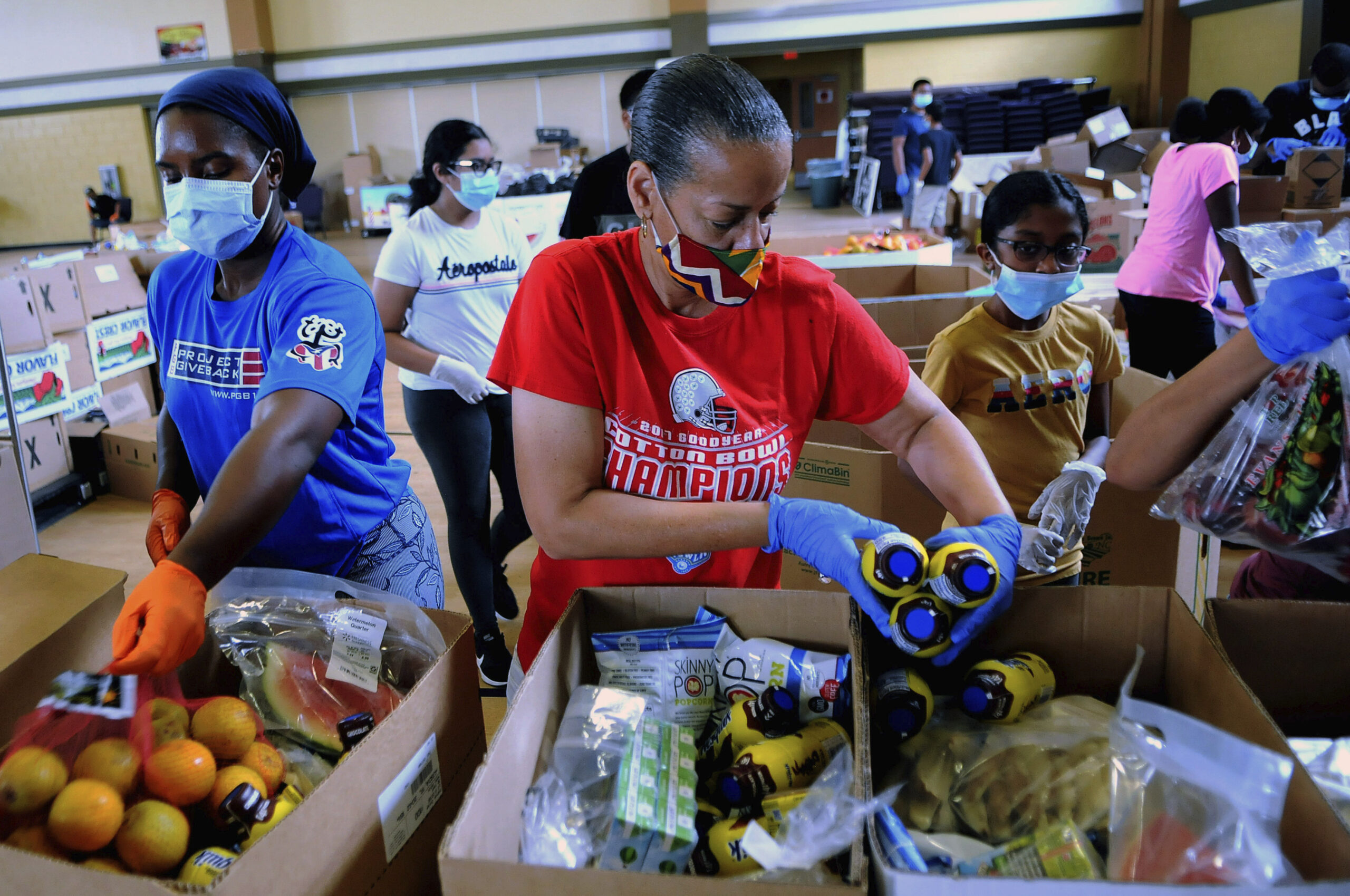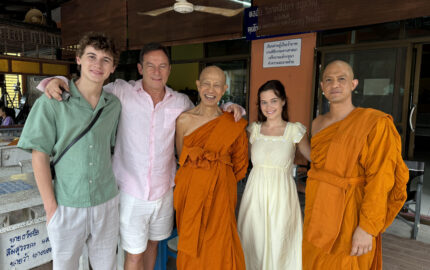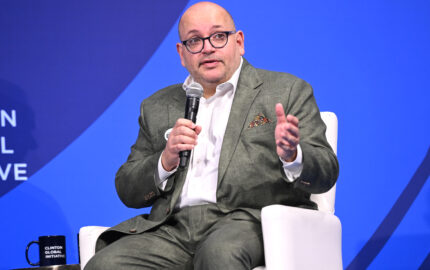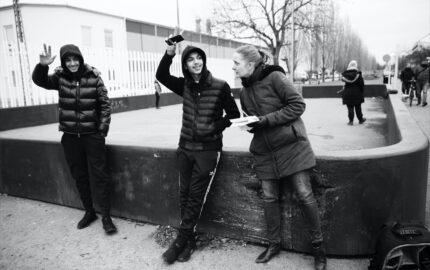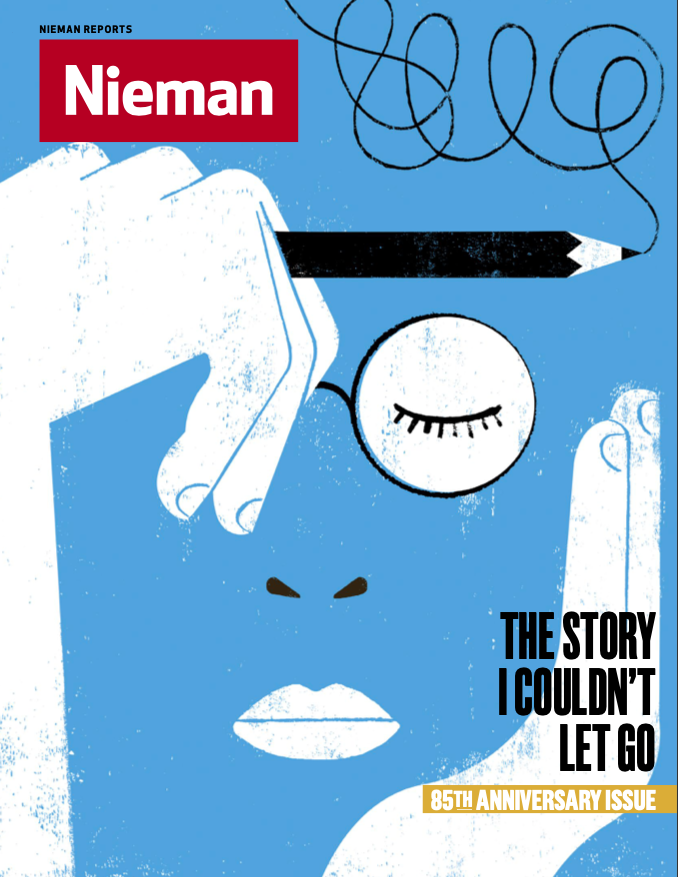
“Stories stalk you. Stories beguile you. They bewitch you. It’s not easy to fend them off, even when you’ve vowed you will,” Susan Orlean writes in our Fall 2023 issue, which commemorates the Nieman Foundation’s 85th anniversary.
Over 400 Nieman alumni gathered at Lippmann House in October for the occasion, where during the reunion weekend, one event asked fellows to respond to a simple prompt: Tell us the story you couldn’t let go of.
Five of those stories, delivered live at the reunion, are featured in this issue. These stories have liberated low-income patients from hospital debt, landed a fellow in a Zimbabwean prison, delved into the inner workings of libraries, joined together two fellows in Ukraine, and chased down the circus of Alabama politics.
Alissa Quart, NF ’10, on the reporting behind her book “Bootstrapped”
The dark inspiration for “Bootstrapped: Liberating Ourselves From the American Dream” came from the news but also from my lived experience. I direct the Economic Hardship Reporting Project, a media nonprofit that I created with the author Barbara Ehrenreich, which supports reporting on inequality. Throughout the Trump years, I had seen the number of callous letters and comments about our writers — a third of whom have experienced financial hardship or describe themselves as working poor — increase dramatically.
As one such commenter scoffed, “You are responsible for everything you do in life … You are talking about giving people an income, talking about free health care … I drive a 2011 pickup truck because I do not need to buy a new one.” This mindset minimized other people’s obstacles, viewing it as a sign of their moral decrepitude. And it was very much of a piece with a cruel era: a tiki lamp march with people shouting “Jews will not replace us,” intensifying attacks on the media, and an immigration system separating thousands of children from their parents.
I started reporting “Bootstrapped” in 2019 as a retort to the toxic naysayers, but by the time I had done my first interviews, it was 2020 and the pandemic was killing thousands every week. At the same time, however, Covid-19 brought about a greater level of compassion for the struggles of others — low-wage workers newly deemed essential; immunocompromised people who were at grave risk; the need to protect those who were sure to be evicted from their homes.
That pandemic summer, I continued to work on the book’s section where I decoded the centuries-long American myth of the self-made and how it had failed us. I examined how the elite, from Elon Musk to Kim Kardashian, abuse the story of being self-made and boast of their own independence, even dependence, and hard work. Yet rarely do they admit to having benefited from every advantage, including tax write offs, R&D grants, and trust funds. I looked at how social mobility works, and who gets crushed in the axle of our individualistic society. In contrast to the rich, the subjects of my book were forced to rely on medical care or school lunches paid for by GoFundMe campaigns — or what I call “the dystopian social safety net.”
Finally, I laid out how, exactly, we can create a new American Dream and free ourselves of the contaminated old one. Our history is full of hideous injustices but also examples of policies or social imagination that are more equitable or capacious than those in the present. I am thinking of the labor movement of the 1930s and 40s, the GI Bill, and the many Black mutual aid groups in the 19th century. Progress is not always a straight line.
My sources included the late Cissy White, a trauma counselor. Cissy had grown up extremely poor — as a child she would hide the tape and paper clips that held her broken glasses together behind her bangs — and was the victim of abuse. Yet Cissy did well enough in school to get a scholarship to Hampshire College, the first in her family to attend university. She viewed her own story as not an example of the “grit” she was often praised for but rather as having had access to therapy and having on occasion managed to achieve economic stability. I was also influenced by Crystal Hudson, who started a Brooklyn mutual aid organization during the pandemic, where she instructed volunteers to bring their shut-in neighbors exactly what they asked for, for free, whether it was beer or chicken feet. These often elderly inhabitants told her, “No one has ever asked me what I want to eat before.”
I finished my book in 2022, and I felt like we had lived through a historical two-steps-forward-one-step-back, but at rapid speed, as if in an accelerated video. The eviction moratorium, relaxed Medicaid and SNAP protocols, and the child tax credit support for families had helped many of the people I reported on in “Bootstrapped,” as well as many of the EHRP’s writers and photographers. And then just like that, it all unwound. We were sinking into post-pandemic amnesia, as if how we cut child poverty in half during the period of pandemic relief was all some sugarplum-fairy-dream, as if the pandemic was only suffering and didn’t also lead to truly imaginative social solutions for that pain.
I still believe the real American Dream is one of interdependence, not independence, with our fates haphazard and interconnected. As Annie Ernaux, the foremost chronicler of working people in her native France, has written, “Sitting opposite someone in a subway car, I often ask myself, "Why am I not that woman?” These are watchwords for “Bootstrapped,” but also for myself.
